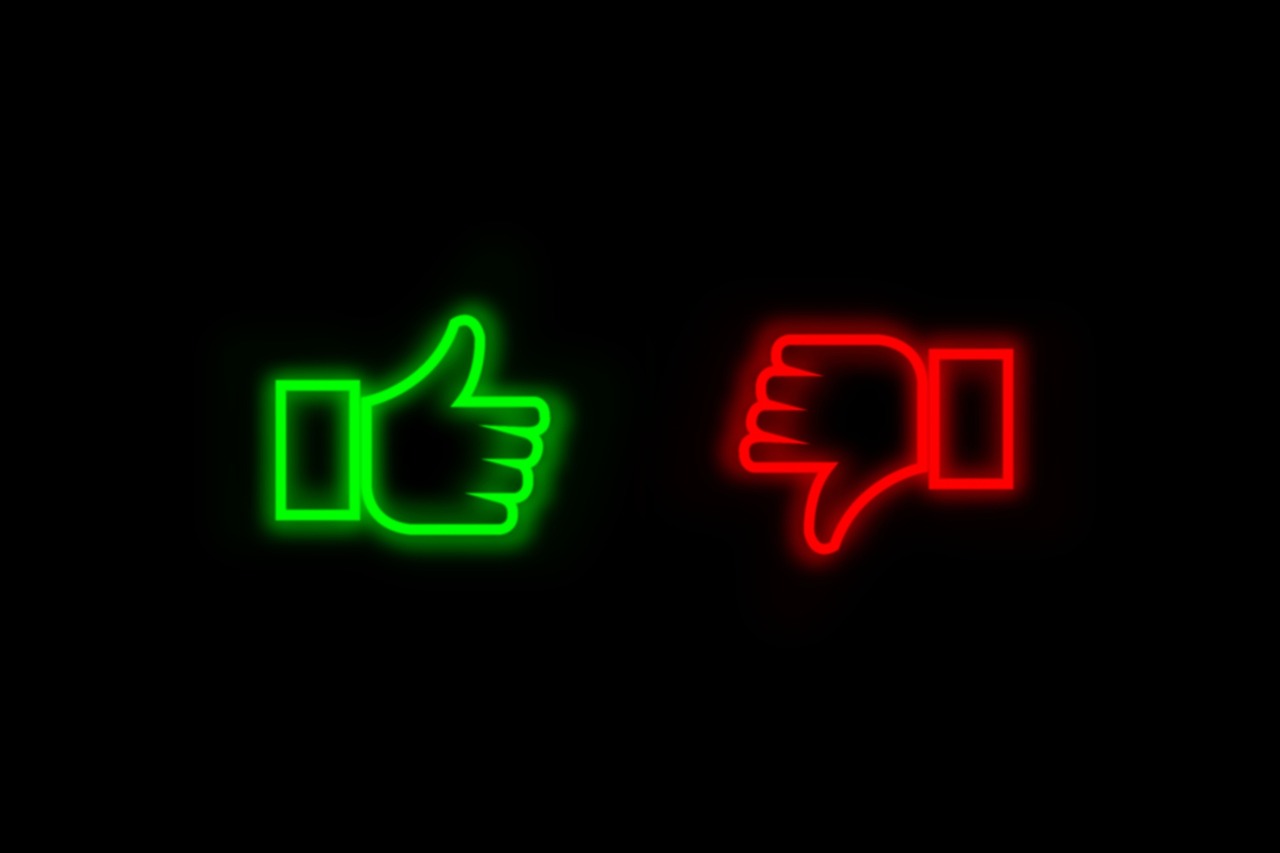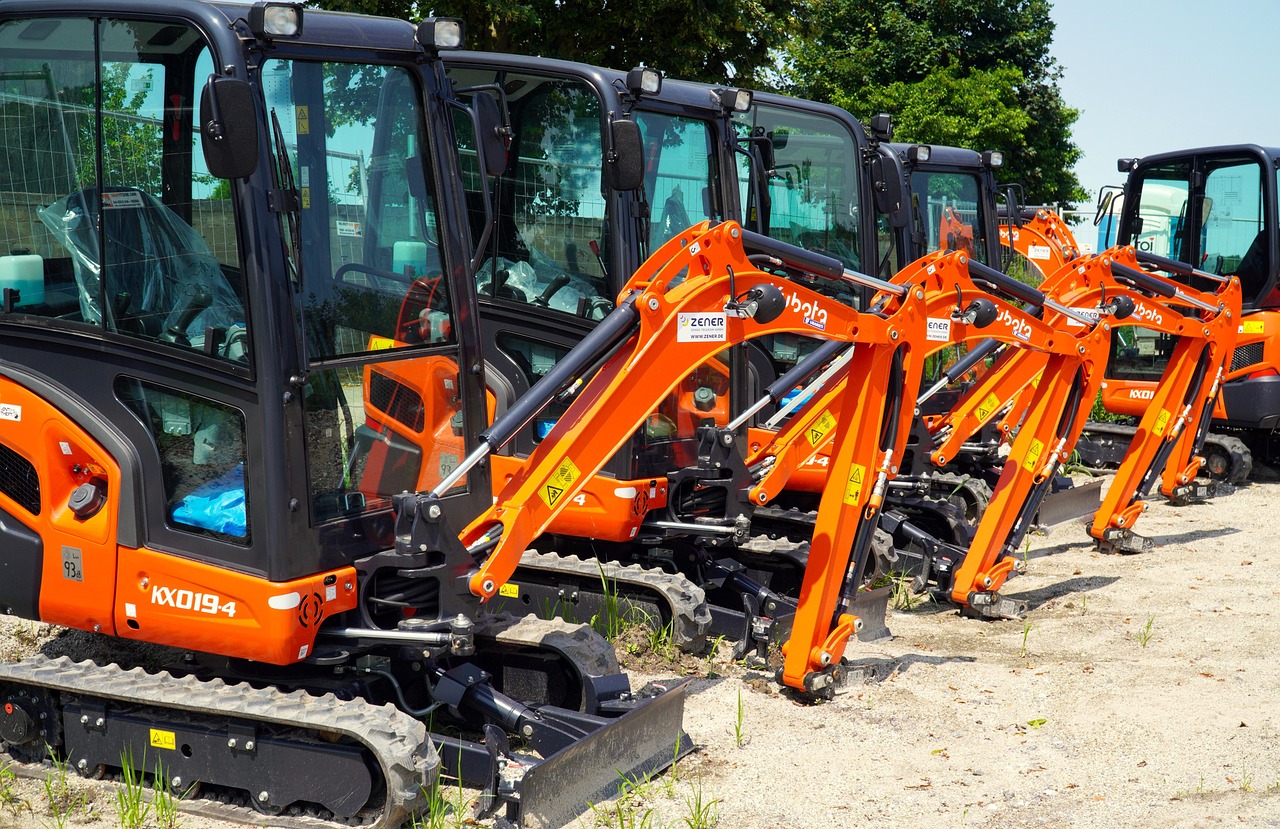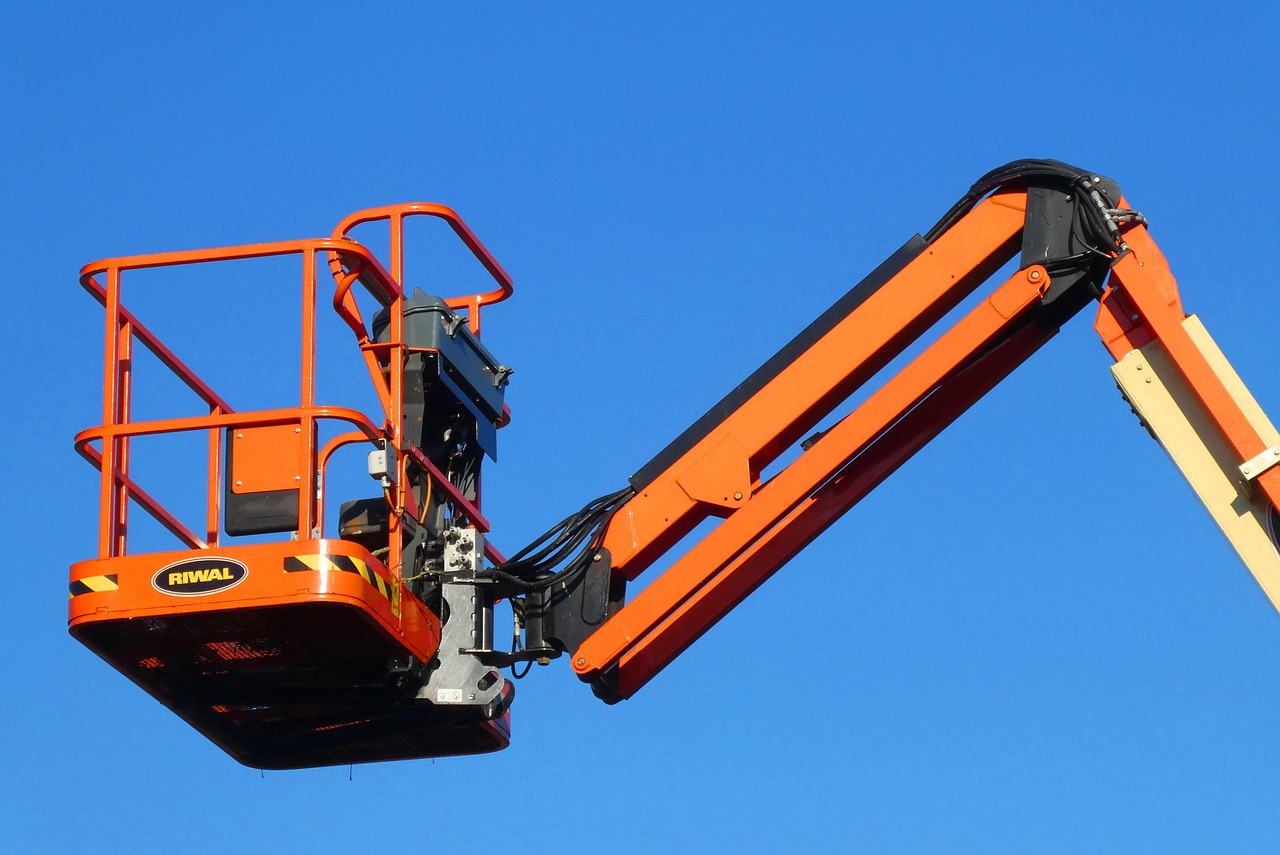Is buying equipment better than renting for my business? This common conundrum on whether to buy or hire equipment for your growing business is an age-old question.
This critical decision impacts your cash flow, tax position, and long-term profitability.
When it comes to acquiring equipment for your business, one of the key decisions you’ll face is whether to hire (rent/lease) or buy outright. Both options have their pros and cons, and the best choice depends on factors like working capital, maintenance costs, and the long-term business strategy.
In this article, we’ll break down the advantages and disadvantages of both hiring and buying equipment and help you determine the best option for your business needs.

Hiring Equipment
Hiring equipment, also known as leasing or renting, involves paying a fixed amount over a set period to use the equipment without taking ownership.
Advantages of Hiring Equipment ✅
- Lower Upfront Costs: Instead of making a large capital investment, businesses can spread costs over time.
- Cash Flow Management: Predictable monthly payments help maintain liquidity and financial flexibility.
- Access to the Latest Technology: Leasing allows businesses to upgrade to newer equipment more frequently.
- Maintenance & Repairs Often Included: Many hire agreements include servicing and maintenance, reducing unexpected costs.
- Tax Benefits: Lease payments may be fully deductible as an operational expense, depending on your business structure.
Disadvantages of Hiring Equipment ❌
- Higher Long-Term Costs: Over time, rental costs may exceed the cost of purchasing outright.
- No Ownership: You won’t build equity in the equipment, and at the end of the lease, you must return it or negotiate a buyout.
- Usage Restrictions: Some rental agreements may include limitations on usage or modifications.

Buying Equipment
Buying equipment outright or through asset finance means you take full ownership, often using capital reserves or financing options like hire purchase.
Advantages of Buying Equipment ✅
- Ownership & Asset Value: The equipment becomes a business asset, adding value to your balance sheet.
- No Ongoing Rental Fees: Once purchased, you’re not subject to recurring payments if purchased outright.
- Lower Payments: If equipment is financed the repayments are often 3 to 4 times more cost effective than renting.
- Greater Control: You can use, modify, and maintain the equipment as needed.
- Potential Tax Benefits: Depreciation allowances and interest payments on asset finance may be tax-deductible.
Disadvantages of Buying Equipment ❌
- High Upfront Costs: Purchasing equipment requires substantial initial investment, affecting cash flow. Even with financing, you'll likely need to cover deposits or VAT upfront.
- Depreciation: Equipment loses value over time, which can affect resale potential.
- Maintenance Costs: You’re responsible for all servicing and repairs, which can add up.
- Credit Barriers: New businesses or those with poor credit may struggle to secure equipment financing, or face significantly higher interest rates.
💡JAMES TOP TIP: Businesses with strong credit scores can qualify for zero deposit asset finance deals with deferred VAT payments. This financing strategy preserves working capital and improves cash flow—ideal for growing businesses that need to maintain healthy liquidity while investing in essential equipment.

Key Factors to Consider When Choosing to Hire or Buy Equipment
I believe there's rarely a one-size-fits-all approach to equipment acquisition. Business growth requires balanced risk management - especially for newer ventures. The optimal strategy often combines both hiring and buying, creating a diversified equipment portfolio that protects cash flow while building assets.
My experience shows that successful businesses typically take measured steps, strategically financing some essential equipment for long-term value while renting other items to maintain flexibility.
This balanced approach allows you to scale operations without overextending financially, particularly during critical growth phases when capital preservation matters most.

Deciding whether to hire or buy equipment depends on several key factors:
- Financial Position: If cash flow is tight, leasing may be a better option. If you have capital reserves, buying may provide long-term savings.
- Usage Duration: Short-term projects benefit from hiring, while long-term use often justifies a purchase.
- Technology Updates: Industries with fast-changing technology may benefit from hiring to keep up with advancements.
- Tax Implications: Leasing may be a tax-efficient way to manage expenses, while buying can provide capital allowances. Speak to a tax expert to get specialist support on the advantages and disadvantages.
- Maintenance & Repairs: Consider whether you can handle ongoing maintenance costs or prefer an all-inclusive hire agreement.

Frequently Asked Questions:







